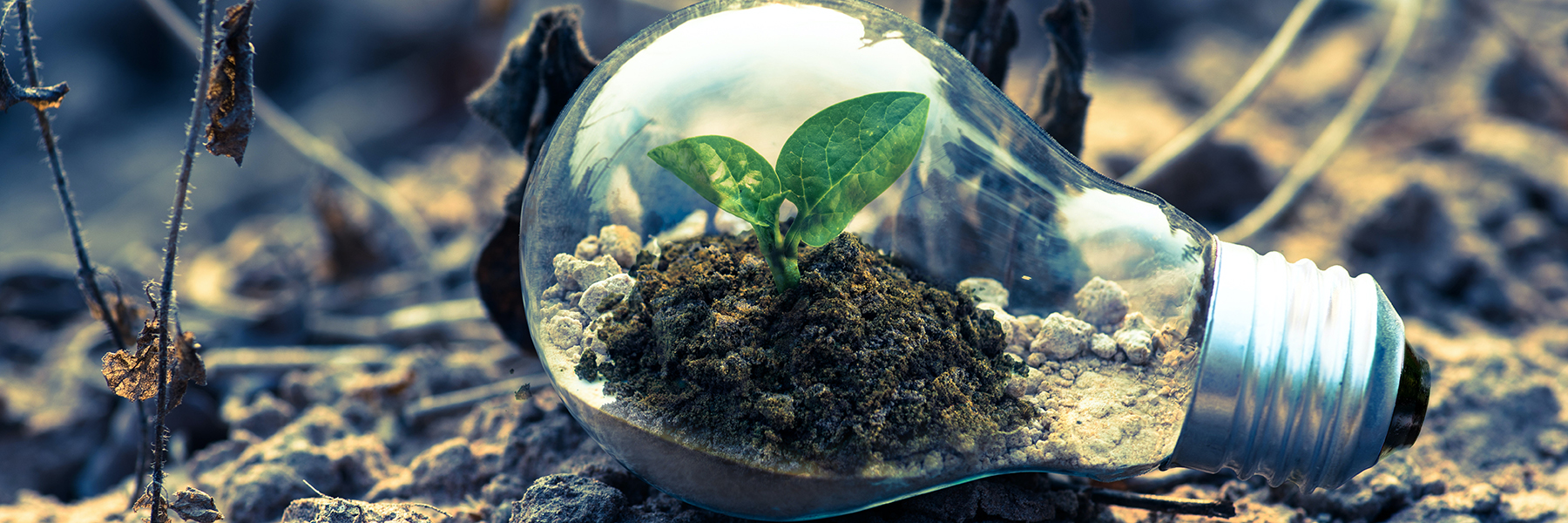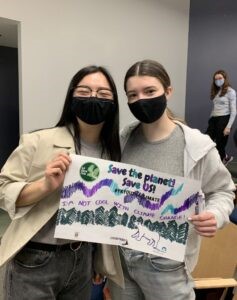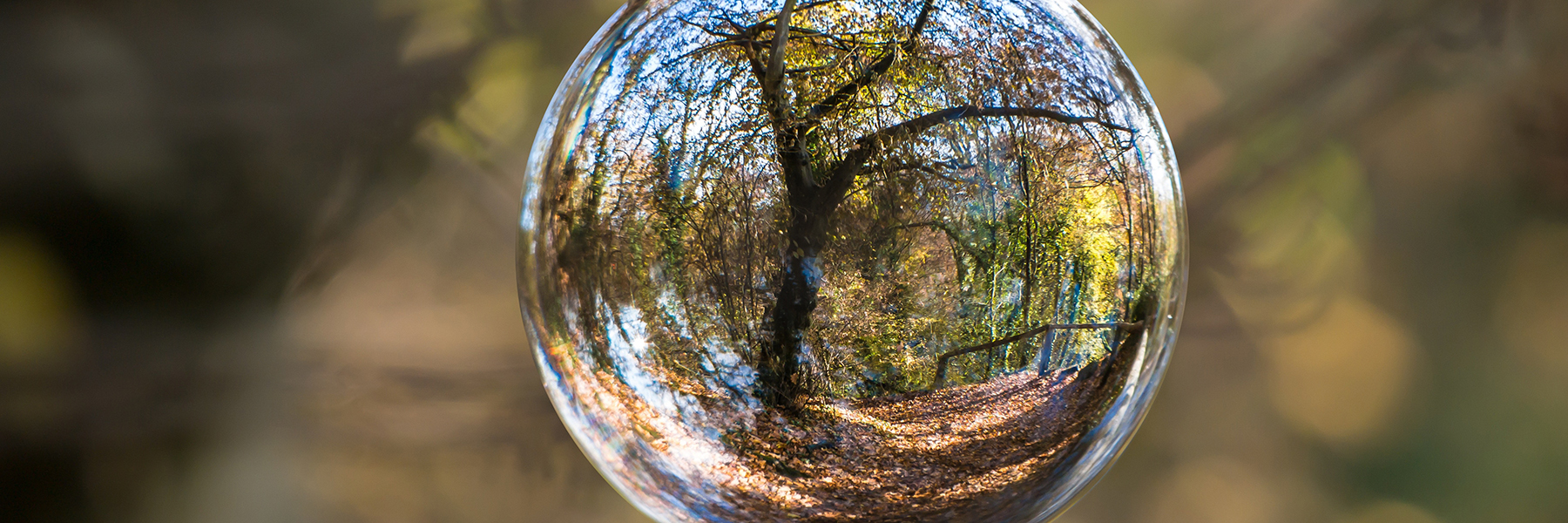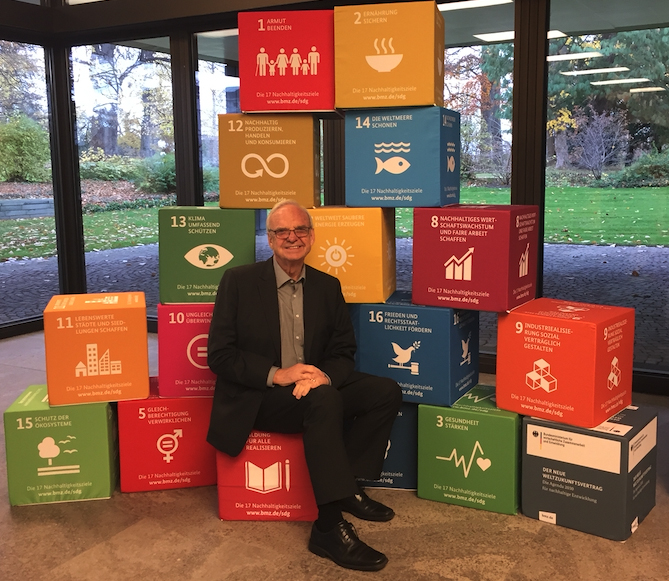York is hosting a knowledge-exchange dialogue, Oct. 20 and 21, in preparation for the United Nations (UN) Climate Change Conference (COP26) that begins Oct. 31 in Glasgow, Scotland. As part of this event, there will be a public information webinar at 11 a.m. on Oct. 21.
By Elaine Smith, special contributor
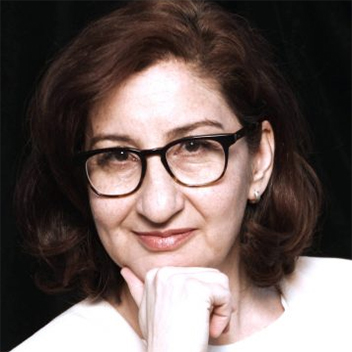
CIFAL York is launching its first event, a knowledge-exchange dialogue, to strengthen multilevel action for climate, nature and people. Organized for Oct. 20 and 21, this international technical expert workshop provides the knowledge base for Professor Idil Boran to convene an official side event to the UN Climate Change Conference, COP26, to a larger audience in Glasgow, Scotland.
CIFAL centres provide innovative training throughout the world and serve as hubs for the exchange of knowledge among government officials, the private sector, academia and civil society. CIFAL York, which will eventually have its home at the Markham Campus, is led by Faculty of Liberal Arts & Professional Studies (LA&PS) Professor Ali Asgary, School of Administrative Studies, with Idil Boran, an associate professor of philosophy (LA&PS) who leads the Synergies of Planetary Health Research Initiative, an international and interdisciplinary research partnership at York’s Dahdaleh Institute for Global Health Research.
“Our inaugural event is synchronized with both the UN Biodiversity COP15 (Part 1), held online from Oct. 11 to 15, and the UN Climate Change COP26, held in person in Glasgow from Oct. 31 to Nov. 12, and is aligned with the Sustainable Development Goals,” said Boran. Both the biodiversity and climate COPs were to be held in 2020 but had to be postponed due to the global COVID-19 pandemic.
“We are seeing heightened awareness on these planetary challenges, but the world is far behind on both crises,” Boran said. “Transformative change is needed at the level of policy, practices and mindset. Cities, regions, businesses and governments are making commitments, but what are these commitments? Are they being delivered? What are their impacts? How can they be scaled and elicit more commitments?” Above all, Boran noted, commitments must respect the land rights of Indigenous Peoples.
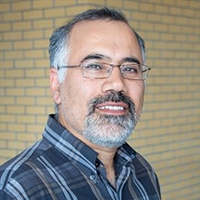
“We’ve invited Canadian and international participants, both researchers and practitioners, to share knowledge and experiences and identify priorities for accelerating and strengthening multilevel joint action for nature and the climate by multiplicity of actors, while delivering the sustainable development goals,” Boran said.
The event’s key message is that climate change is not a singular issue but is deeply interconnected with multiple planetary challenges.
“When we talk about the biodiversity-climate interlinkages, we are also concerned about their impacts on human health, as well as wildlife and environmental health,” Boran said. “The climate and the biodiversity crises share root causes. Climate change worsens biodiversity loss, but protecting the ecosystem, if done right, can help respond to the effects of climate change.”
The knowledge-exchange dialogue is by invitation only, although there will be a public plenary webinar at 11 a.m. on Oct. 21. The other sessions will feature panels for participants and parallel interactive discussion roundtables.
York University President and Vice-Chancellor Rhonda L. Lenton will deliver the event’s opening remarks. There will be a variety of sessions, including one on Indigenous nature stewardship and others dealing with agriculture, food and healthy communities, urban nature-based initiatives, oceans and coastal zones, and methodologies for assessing progress. The workshop will set the foundation for creating a working group toward a deliverable and will kick-start a series of dialogues.
“In addition to showcasing the workshop at COP26, we hope to create a working group with the aim of connecting the work being done locally and regionally to the global process,” Boran said. “Our official event in Glasgow is an opportunity to share the first insights from this workshop.”
This event is organized by CIFAL York with the collaboration of the German Development Institute/Deutsches Institut für Entwicklungspolitik (DIE), based in Bonn Germany, and the Grantham Institute for Climate Change and the Environment, Imperial College London, based in the U.K., one of the partnering institutions for the side event at COP26 in Glasgow. At York University, event partners are: York International; the Office of Research and Innovation; the UNESCO Chair in Reorienting Education towards Sustainability; the Synergies of Planetary Health Research Initiative and Lab, with the support of the Dahdaleh Institute for Global Health Research; LA&PS; and a Social Sciences and Humanities Research Council exchange knowledge-mobilization fund.
“York University is pleased to support CIFAL York’s contributions towards advancing UN SDGs,” said Vice-President Research and Innovation Amir Asif. “York researchers like professors Boran and Asgary are actively exploring planetary climatic and environmental change with particular emphasis on biodiversity, reducing Canada’s overall carbon footprint and building sustainable energy sources of the future. This knowledge-exchange dialogue and the followup official event at the UN Climate Change Conference in Glasgow helps us in achieving our goal of forging a just and equitable world.”
To register, visit https://hopin.com/events/multi-level-joint-actionfor-climate-nature-and-people.



